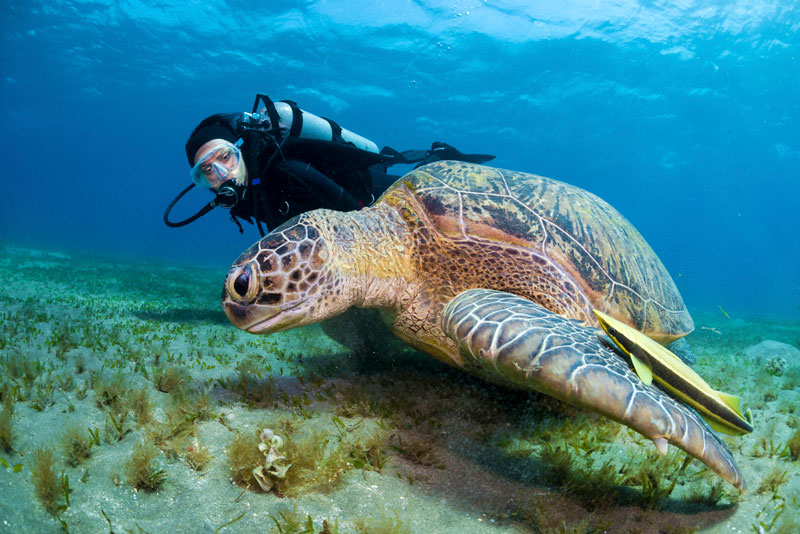Scuba diving opens up a fascinating underwater world, filled with vibrant coral reefs, playful marine life, and historical shipwrecks. Many people dream of experiencing this incredible environment firsthand, but a common question often arises: Do you need to be a strong swimmer to participate in scuba diving? The answer, while not a simple yes or no, might surprise you. Let’s dive into the essential skills and requirements to consider before taking the plunge.
Essential Skills and Comfort in the Water
While being an Olympic swimmer isn’t necessary, a certain level of comfort and proficiency in the water is undoubtedly beneficial for scuba diving. This involves basic water skills that contribute to your safety and enjoyment.
- Comfort in Deep Water: Feeling at ease in deep water is crucial. Panic can be dangerous underwater.
- Treading Water: The ability to tread water for a short period allows you to maintain position and signal for help if needed.
- Basic Swim Skills: Even simple strokes can help you navigate the water’s surface and conserve energy.
Scuba Diving Certification Requirements: What to Expect
Most scuba diving certification agencies, like PADI and SSI, have specific requirements that assess your basic water skills before you can begin your training. These are designed to ensure you can handle yourself safely underwater.
Common Watermanship Tests
Here’s a breakdown of the typical watermanship tests you might encounter during a scuba diving certification course:
- Swim Test: Usually involves swimming a specified distance, such as 200 meters (656 feet) non-stop, or 300 meters (984 feet) with mask, fins and snorkel.
- Treading Water/Floating: Demonstrating the ability to tread water or float comfortably for a designated period, often 10 minutes.
- Equipment Familiarization: Showing proficiency in using basic scuba diving equipment like a mask, fins, and snorkel.
Alternatives for Non-Swimmers: Discovery Scuba Diving
If you are not a confident swimmer but are still eager to experience scuba diving, there are options available. “Discovery Scuba Diving” or “Try Scuba” programs provide a supervised introduction to diving in a controlled environment, typically a pool or shallow, calm water.
Important Note: Discovery dives do not result in certification. They offer a taste of scuba diving under the direct supervision of an instructor.
FAQ: Scuba Diving and Swimming Ability
Here are some frequently asked questions about the relationship between swimming ability and scuba diving:
| Question | Answer |
|---|---|
| Do I need to be a strong swimmer to scuba dive? | No, but you need to be comfortable and proficient in the water with basic skills. |
| Can I scuba dive if I can’t swim at all? | Probably not for a certification course. Discovery dives may be an option, but learning some basic water skills is highly recommended. |
| What if I’m afraid of deep water? | Addressing your fear is important. Gradual exposure and professional instruction can help. |
| Are there adaptive scuba programs for individuals with disabilities? | Yes! Organizations offer specialized programs and equipment to make scuba diving accessible to individuals with a wide range of abilities. |
Ultimately, while exceptional swimming prowess isn’t mandatory, a basic level of comfort and proficiency in the water is crucial for safe and enjoyable scuba diving. Completing a swim test and demonstrating watermanship skills are standard requirements for certification courses. If you’re hesitant about your swimming abilities, consider taking swimming lessons or exploring introductory programs like Discovery Scuba Diving. Prioritize your safety and comfort, and remember that professional instructors are there to guide you every step of the way. With the right preparation and instruction, the underwater world can be accessible to many, regardless of their initial swimming abilities. So, take the plunge, explore the depths, and discover the wonders that await beneath the surface!

